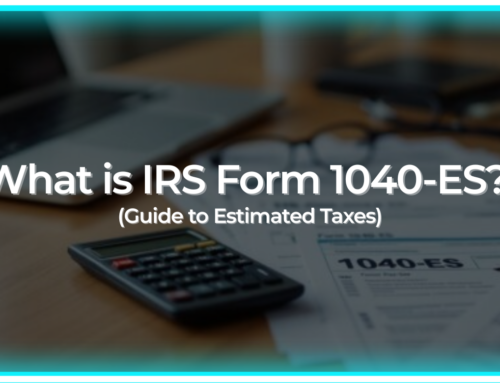Hi, I’m Bette Hochberger, CPA, CGMA. Tax season often provokes images of frantic document hunting, endless form filling, and needless stress, particularly for business owners. However, with strategic preparation and early start, this period can be managed smoothly, ensuring a stress-free experience.
This guide will provide you with essential steps to get your business ready for tax season, especially if you’re planning to claim deductions.
Start Early to Reduce Stress
The key to a less stressful tax season is starting early. Procrastination is the enemy of efficiency. By beginning your tax preparations well before the deadline, you can ensure that all your documents are in order, your forms are filled correctly, and any potential issues are addressed ahead of time.
Step-by-Step Guide to Preparing Your Business for Tax Season
Organize Your Financial Records
– Ensure all financial statements, including income statements, balance sheets, and cash flow statements, are up-to-date and accurate prior to tax season starting.
– Gather receipts, bank statements, invoices, payroll records, and any other relevant financial documents.
Understand Your Deductions
– Familiarize yourself with the types of expenses that are deductible for your business.
– Keep detailed records of these expenses throughout the year so that you’re prepared when tax season arrives.
Review Tax Changes and Updates
– Stay informed about any changes in tax laws that may affect your business.
– Consider consulting a tax professional to understand these changes and how they apply to your business.
Use Accounting Software
– Utilize reliable accounting software to track your finances and prepare for taxes.
– Ensure that all transactions are correctly categorized and accounted for.
Prepare and Review Necessary Tax Forms
– Identify which tax forms are relevant to your business type (e.g., sole proprietorship, partnership, corporation).
– Start filling out these forms or work with a professional to ensure accuracy.
Plan for Tax Payments
– Estimate your tax liability and plan for payment.
– Consider setting aside funds throughout the year to cover your tax bill.
Consult with a Tax Professional
– Consider hiring a CPA or tax advisor, especially if your tax situation is complex.
– A professional can provide advice, ensure compliance, and identify potential tax-saving strategies.
By following these steps, you can transform tax season from a time of chaos into a structured, straightforward process. Starting early, staying organized, and seeking professional advice can make tax filing smoother and more efficient for your business’s tax season.
Remember, a little preparation goes a long way in making tax season less horrifying. I’ll see you all again soon!







